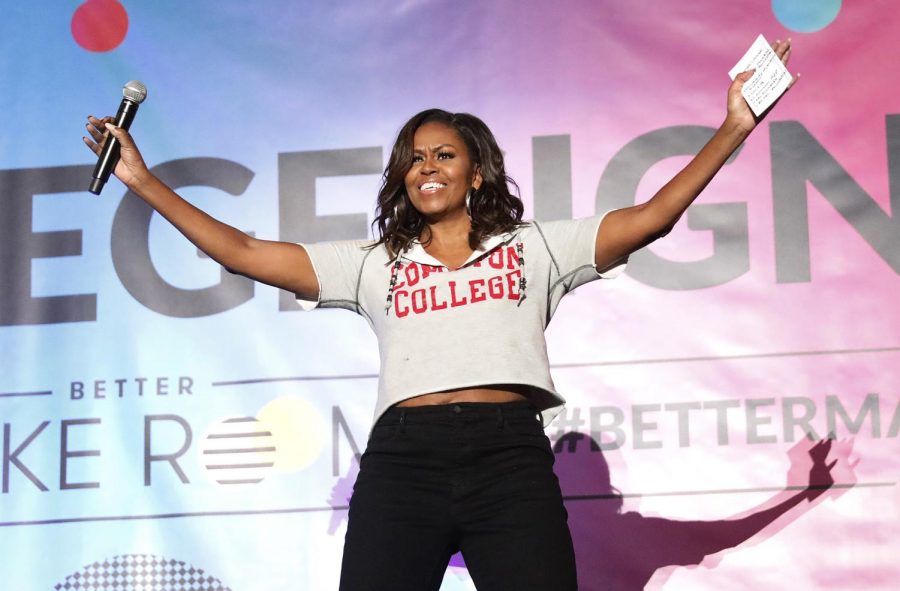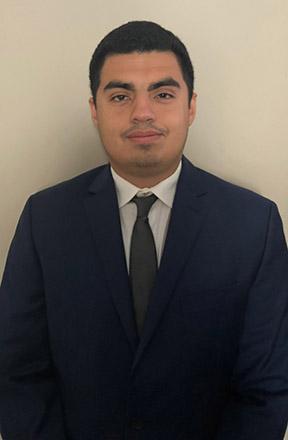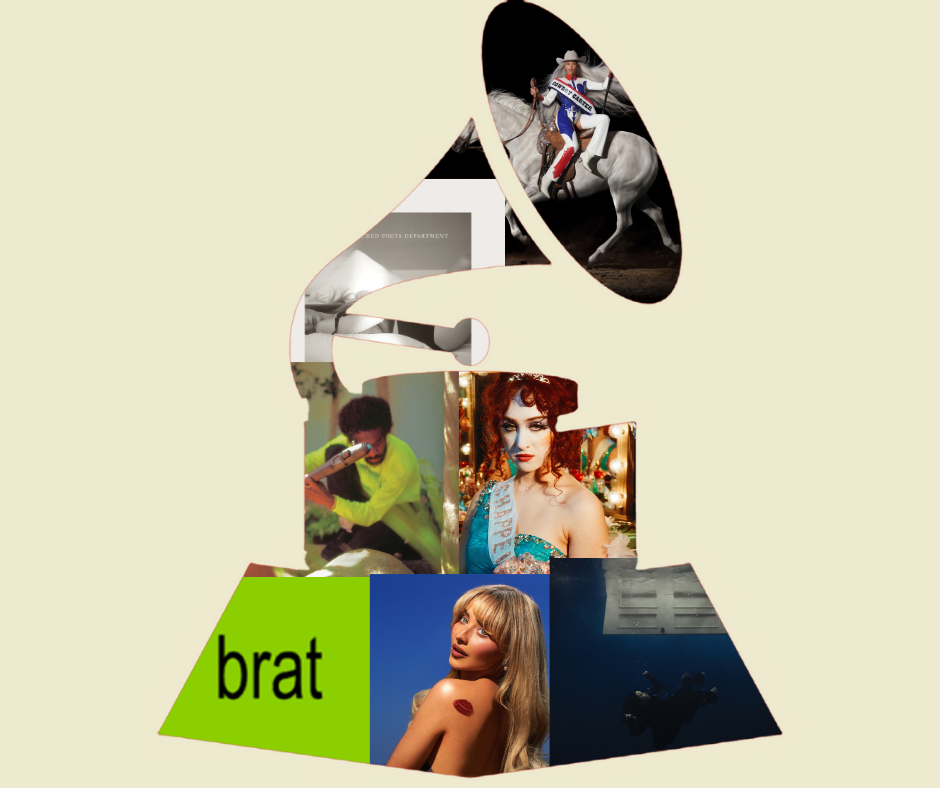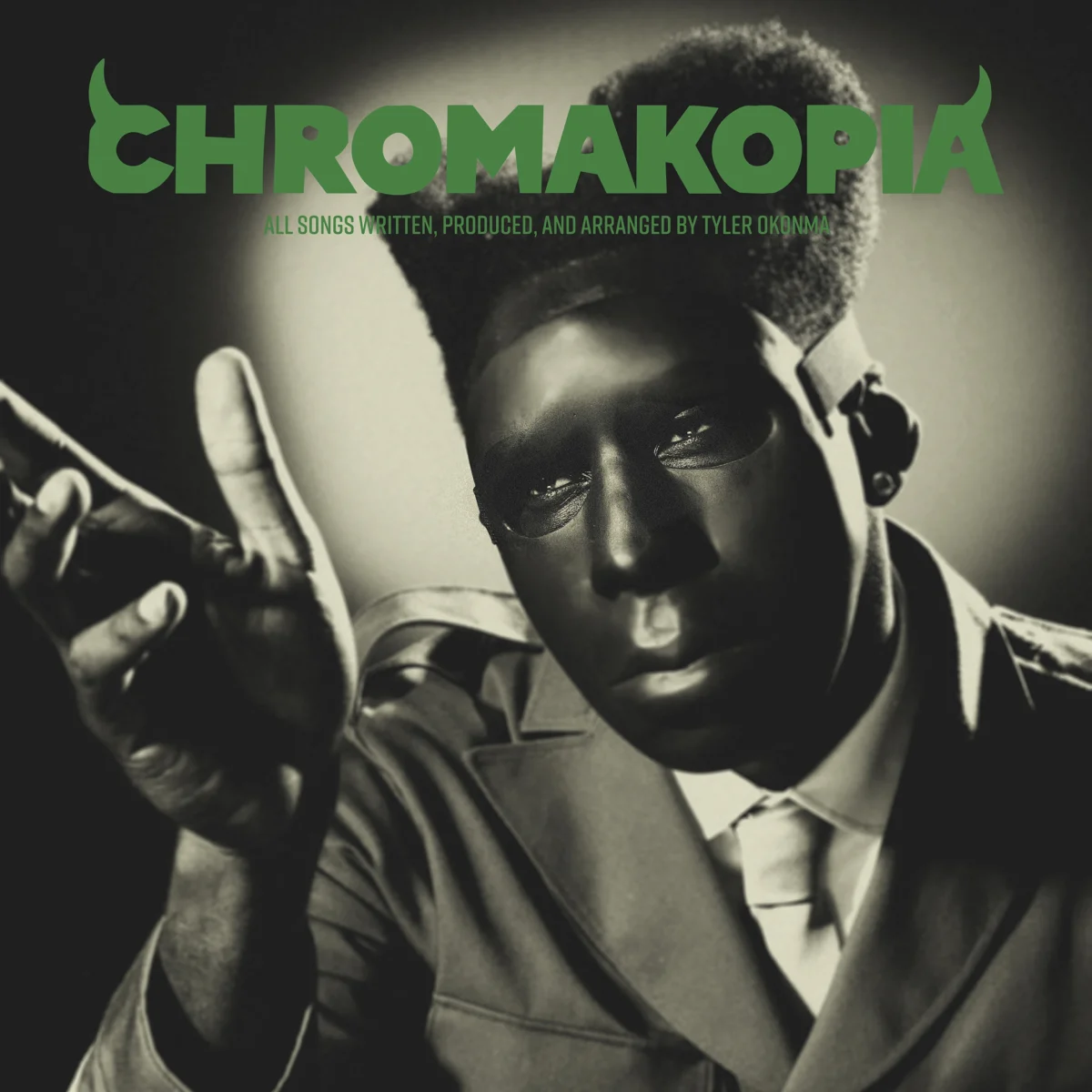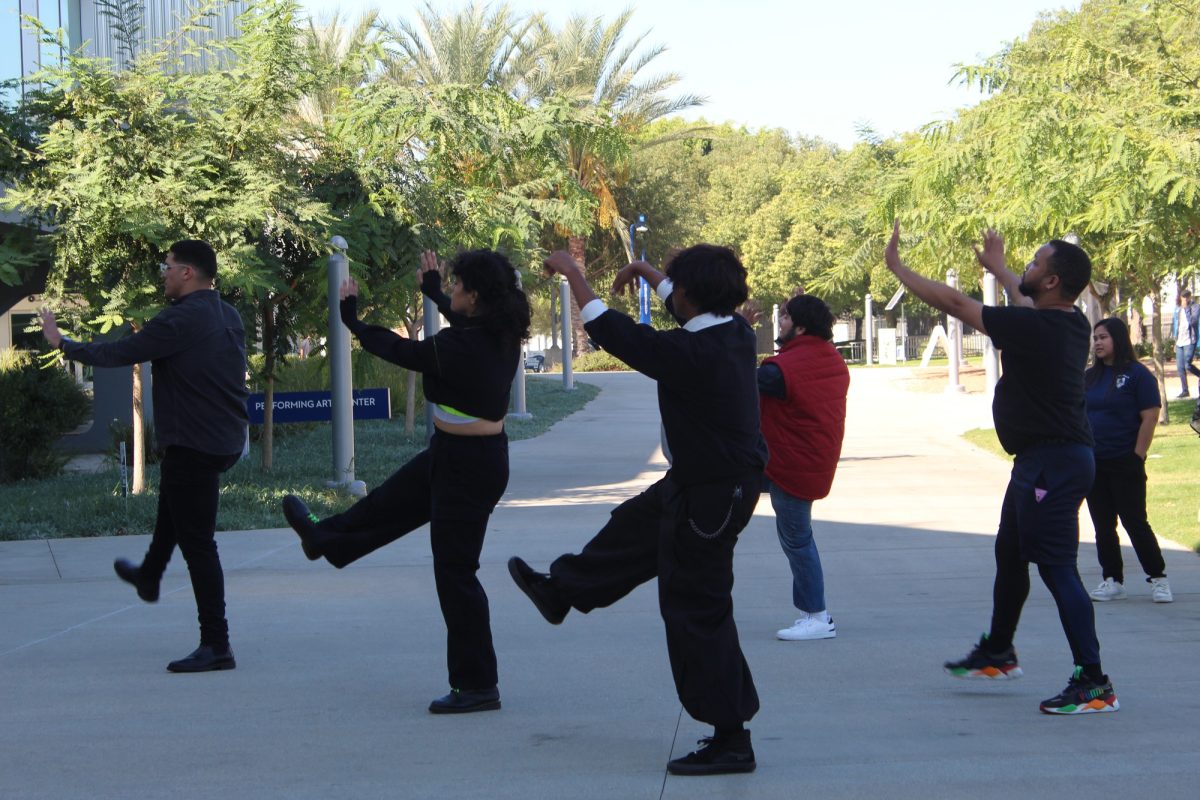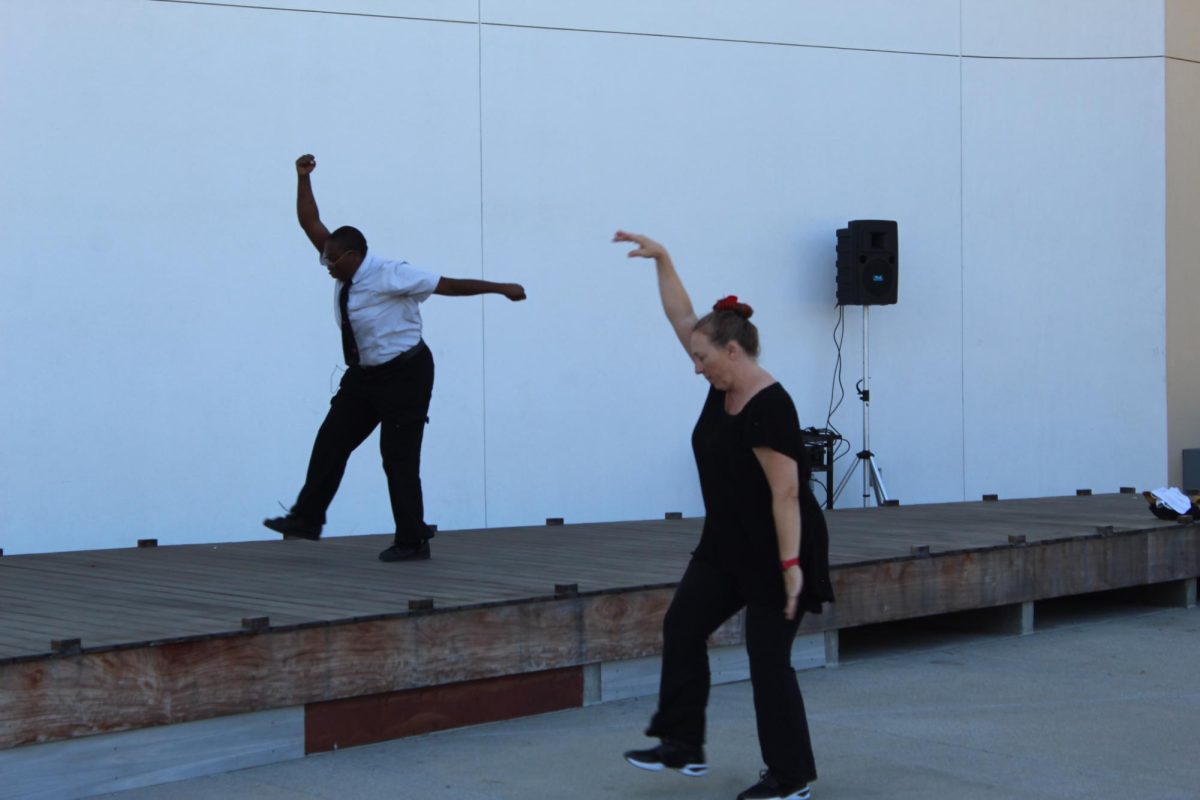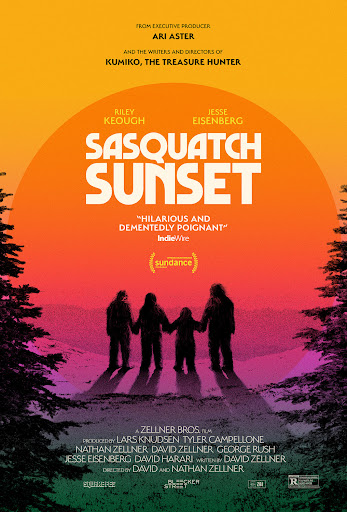Michelle Obama’s legacy was already set in stone when she became the first African American First Lady in United States history, and through her journey to find her own happiness.
What she reveals primarily in her book and now documentary film “Becoming,” is what pushed her to rise to the call of being a mother, an activist and a leader.
The film shows Obama in packed-out stadiums across the United States discussing her 2018 memoir, starting in her hometown, Chicago.
Audiences see brief clips and quotes in formulaic interviews with Oprah, Gayle King, Reese Witherspoon, Steven Colbert and others. Through these scenes, Obama glazes over certain topics that viewers might have wanted a deeper explanation on.
When given a question that encourages a more thorough answer, the film only allows a tidbit of her thinking, which does leave a little to be desired.
Early on, it is evident that this biopic is but a limited point of view from the First Lady’s extraordinary life.
Unlike in her book, the film does not go into detail on the life changing events that shaped her ideology –some omitted almost entirely as if not to give away the most significant points in the book.
It’s no secret that its short runtime could ever deliver the detail of a longer written account.
That being said, the film does portray her experience and her ideas in action, which is a rare perspective from one of America’s most accomplished women.
She described how fashion played a significant tool in her public appearance and in her newfound relaxation. While living in The White House, she changed the traditional dress code of the butlers and maids because it misrepresented people of color and she did not want to set a bad example to her daughters.
rom growing up with a strict mother, admiring her older siblings, and losing her father to an illness, a loss that motivates her to this day.
She says that her parents never made her feel invisible because they listened to her and she attributes her confidence to her upbringing.
Since high school, Obama (then Michelle Robinson) served in a leadership role as Student Body Treasurer, a quality she learned from her family that constantly motivated her.
The world would see her uptake this role while on her husband, Barrack Obama’s campaign trail. Her chief of staff Melissa Winter recalls how the Obama campaign saw a valuable asset in Michelle.
She was a presentable and eloquent speaker, being a graduate from Princeton and Harvard Law School, and she would often speak at her husbands rallies.
She discusses how she felt the scorn of this exposed her to a scrutiny that notoriously pairs with fame, amplified by “racism and tribalism.”
Under increasing pressure, Obama said a major takeaway from being in the spotlight was to stick to script and that’s where she really shined as an orator.
More compelling moments in the film come from conversations with smaller groups of young women, often students.
Again, they’re just glimpses, but we do see a feature characteristic in Michelle and that’s her desire to listen.
“I crave longer experiences with young people,” the First Lady asserts.
She sits in these meetings and talks to young women about struggles and in one case, validates the day-to-day challenges faced by a first generation college student.
“Don’t look beyond them, look them in the eye and take in their story,” she says.
Michelle Obama approaches most of her encounters with an open mind and open heart.
This film is wholesome but if you sought the constructive background, you will only get synopsis, as it only follows a number of staged interviews.
It’s just to draw viewers into wanting to buy her book but you’ll be really motivated when you do it.



